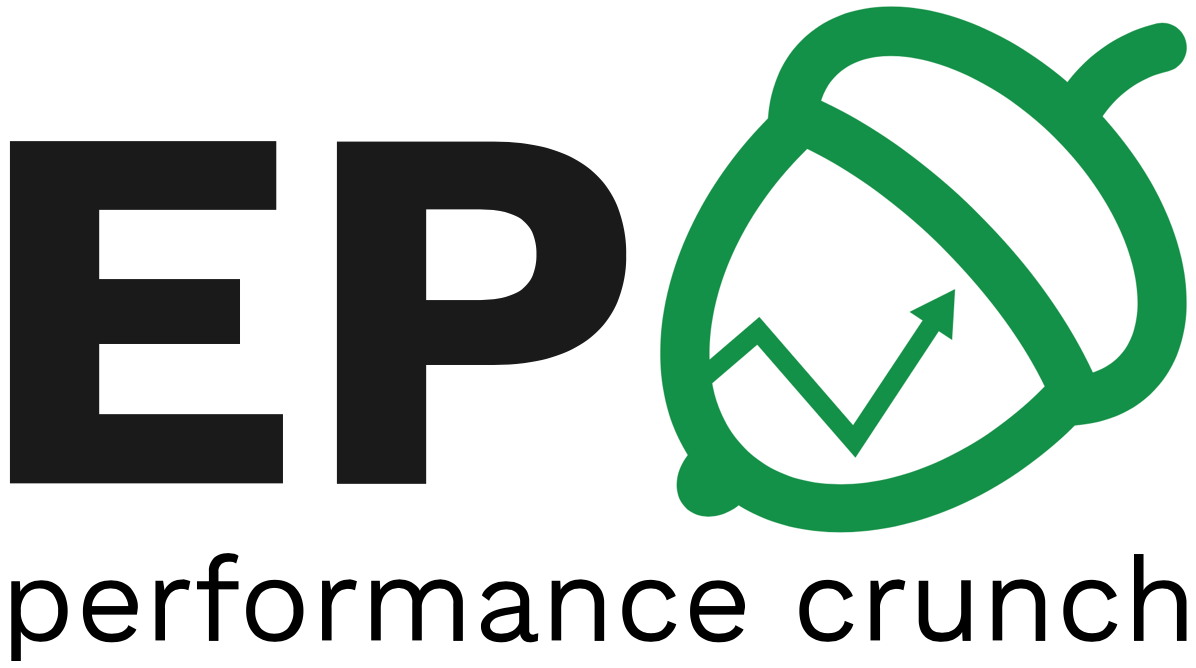Differences
This shows you the differences between two versions of the page.
|
ep:labs:08:contents:tasks:ex6 [2021/10/09 12:02] cezar.craciunoiu Move task 06 to separate content page |
ep:labs:08:contents:tasks:ex6 [2023/10/30 01:37] (current) ana.grigorescu0809 [06. [20p] CHKDSK & CrystalDiskMark] |
||
|---|---|---|---|
| Line 1: | Line 1: | ||
| - | ==== 06. [10p] Feedback ==== | + | ==== 06. [20p] CHKDSK & CrystalDiskMark ==== |
| - | :!: **Please take a minute to fill in the **[[https://forms.gle/KHMVUhNfCPoR71Ew7 | feedback form]]** for this lab**. | + | <note warning> |
| - | {{ :ep:laboratoare:ep4_logo_bitd2.png?300 |}} | + | For this task we will need to install [[https://crystalmark.info/redirect.php?product=CrystalDiskMarkInstaller | CrystalDiskMark]]. |
| + | </note> | ||
| + | |||
| + | For this task we want to see and estimate the health and speed of our storage. | ||
| + | This can vary considerably and needs to be inspected regularly to see if we need to replace our HDD/SSD. | ||
| + | |||
| + | === CHKDSK Health Checks === | ||
| + | |||
| + | CHKDSK is a standard tool inside Windows that allows us to get basic information about our disks. | ||
| + | It tells us how much memory we have, how much is free, how much we used. | ||
| + | It also tells us if the disk has bad sectors, which can be a sign of a failing HDD/SSD. | ||
| + | |||
| + | :!: **After running you should see something similar to the image below.** | ||
| + | |||
| + | {{ :ep:laboratoare:ep8_ex6_1.png?450 |}} | ||
| + | |||
| + | <note tip> | ||
| + | - Open CMD as Administrator | ||
| + | - Run **CHKDSK** | ||
| + | - Discuss with your assistant if the program detected Bad Sectors | ||
| + | </note> | ||
| + | |||
| + | CHKDSK can also try to fix bad sectors on start. | ||
| + | Bad sectors appear due to external alteration of the storage medium. | ||
| + | In order to try fixing bad sectors you can use **/f**, but this requires a restart so do it on your free time. | ||
| + | |||
| + | === CrystalDiskMark Benchmarking === | ||
| + | |||
| + | CrystalDiskMark is a simple, yet very efficient tool for testing how fast our HDD/SSD actually is. | ||
| + | It features several testing suites, but, for example purposes, we will use only the default one. | ||
| + | We should use this tool at least once every 1-2 years to see if there is any significant slowdown in our system. | ||
| + | You can also use this tool to check if the Second-hand HDD you bought for 2$ actually works. ;) | ||
| + | |||
| + | Press "All" to start running the tests. | ||
| + | |||
| + | :!: **After running you should see something similar to the image below.** | ||
| + | |||
| + | {{ :ep:laboratoare:ep8_ex6_2.png?450 |}} | ||
| + | |||
| + | :!: **Explain [[https://www.xda-developers.com/crystaldiskmark | what each test benchmarked]] and why the values differ by answering the next questions.** | ||
| + | <note tip> | ||
| + | - Why are Sequential Tests faster than Random Tests? | ||
| + | - How does the Block Size influence speed? | ||
| + | - When do Worker Queues/Threads influence speed? | ||
| + | - What is a real-life sequential task? What is a real-life random task? | ||
| + | - When do we know we should replace our SSD/HDD? | ||
| + | - Would defragmenting our HDD help with Random Tests? | ||
| + | </note> | ||
| + | |||
| + | <solution -hidden> | ||
| + | - Because the storage cache is used efficiently. | ||
| + | - Bigger block size means a single IOP fetches more data. Tests have fixed size so usually bigger Block Size equals faster speed. | ||
| + | - When each IOP is slow, but neither the storage, nor the CPU are the bottleneck yet. | ||
| + | - Torrent client. Web server (with many, small pages). | ||
| + | - When the benchmark speed is significantly lower than the advertised speed. | ||
| + | - In the default case, no. The test reads 4K randomly, which is usually the smallest unit it can so things can't get more fragmented than that. | ||
| + | </solution> | ||


